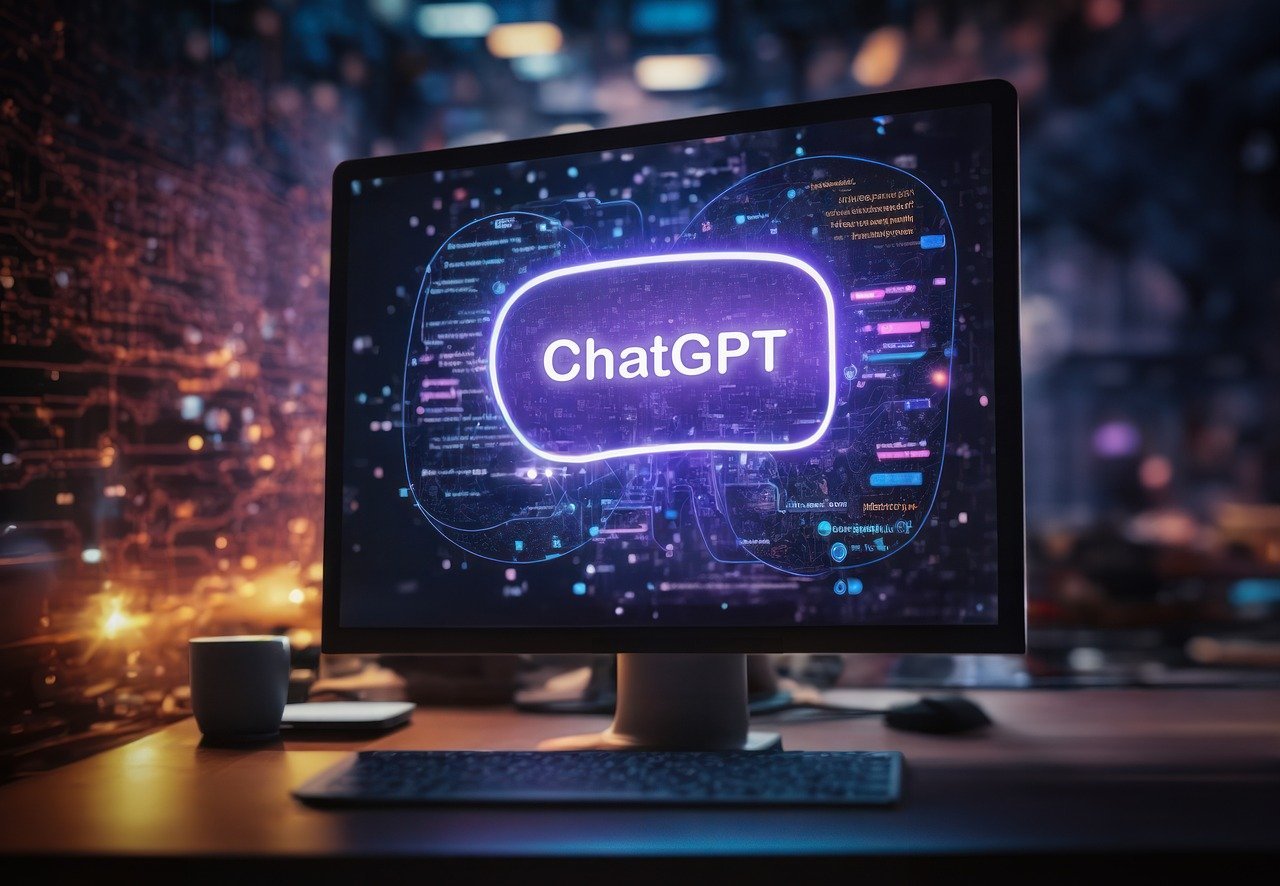OpenAI has launched an innovative AI agent called ChatGPT Deep Research, aimed at helping users conduct thorough and complex research. This tool is particularly beneficial for professionals in fields such as finance, science, policy, and engineering, as well as for consumers making significant purchases like cars and appliances. Unlike standard responses from ChatGPT, this feature focuses on delivering detailed, well-sourced information rather than quick answers.
Currently available to ChatGPT Pro users, Deep Research allows up to 100 queries per month, with plans to extend access to Plus and Team users soon. The rollout is geo-targeted, and while the feature is web-based for now, integration into mobile and desktop apps is expected shortly.
Using ChatGPT Deep Research is simple: select the “Deep Research” option in the composer, enter your query, and you can even attach files or spreadsheets. Responses typically take between 5 to 30 minutes, and you’ll receive notifications when your search is complete.
At this stage, the outputs are text-only, but OpenAI plans to introduce embedded images, data visualizations, and other analytical features in the future. The tool will also connect to specialized data sources, including subscription-based and internal resources, enhancing its usefulness for comprehensive research.
While the potential of AI tools is immense, accuracy remains a critical concern. OpenAI ensures that each output from Deep Research is fully documented, including clear citations and a summary of the reasoning process. This transparency makes it easier for users to verify the information presented.
To improve accuracy, OpenAI employs a specialized version of its o3 reasoning model, trained through reinforcement learning. This model is optimized for web browsing and data analysis, allowing it to interpret and analyze vast amounts of text, images, and PDFs from the internet.
Testing has shown that the o3 model powering Deep Research achieved an accuracy rate of 26.6% on a challenging evaluation known as Humanity’s Last Exam. While this might seem low, it performs significantly better than other models in the same test.
However, limitations still exist. The tool may struggle to differentiate authoritative information from unreliable sources, and it can sometimes make errors in formatting reports and citations. Users are encouraged to critically evaluate the outputs instead of taking them at face value.
For those concerned about the implications of generative AI in education and research, ChatGPT Deep Research offers a more appealing alternative to standard chatbot summaries. With its focus on in-depth, well-cited content, this new tool could transform how individuals approach complex research tasks, making it a valuable asset for anyone seeking reliable information.






















